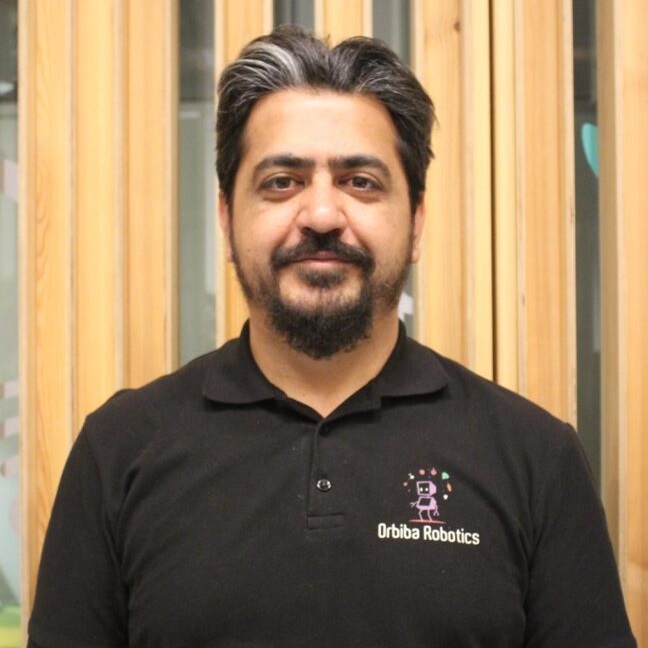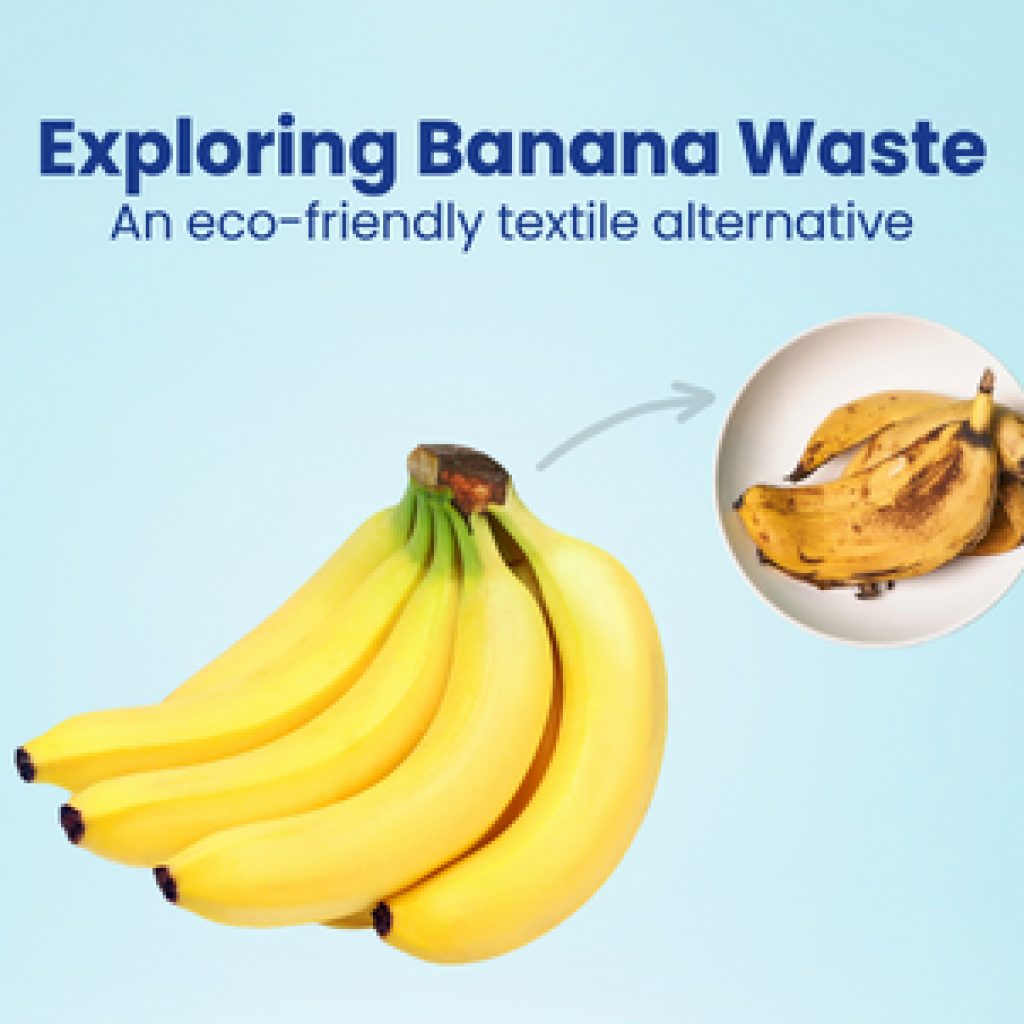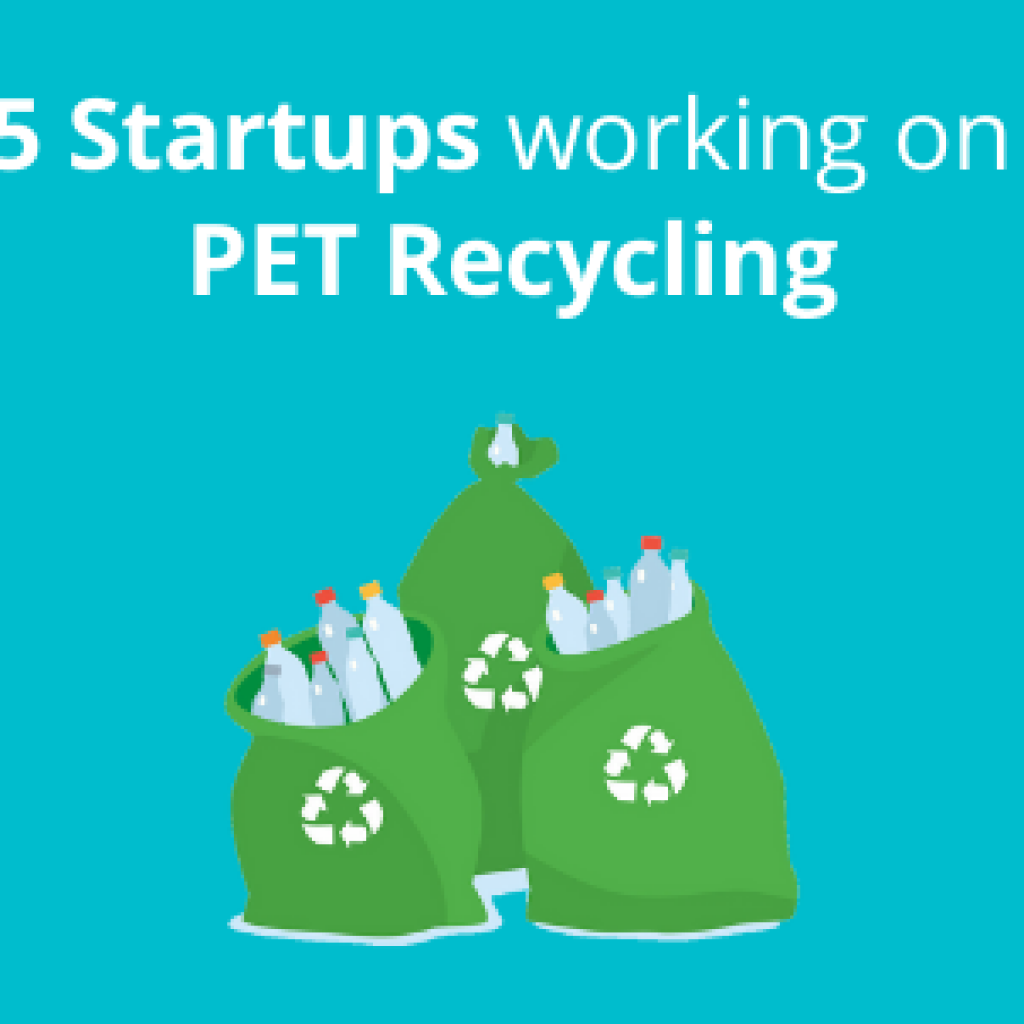Smart robots can solve the efficiency and labor shortage issues in agriculture. They can autonomously perform planting, harvesting, weeding, and monitoring crops.
However, these farm robots often come with hefty price tags, making it challenging for small-scale farmers to afford them. Furthermore, they often use chemical fertilizers, which aren’t suitable for organic farming communities.
Orbiba Robotics offers a promising solution to these farm robot adoption problems. Their robots are affordable to nearly all small, organic farmers. These farm robots use artificial intelligence to selectively eliminate weeds instead of relying on strong chemicals to remove everything.
We spoke to Ilker Bektaş, the CEO and founder of Orbiba, to better understand their technologies and how AI robots can benefit organic farming communities
This interview is part of GreyB’s Scouted series. In this series, we spotlight innovative startups and speak to their founders about how their solutions can revolutionize the industry by solving problems. You can find all those interviews here in text and video format.
Author’s note: Here’s how farm robots can nearly double agricultural yields.
We want to provide the easiest regenerative farming experience in the world to our organic and regenerative farmers by enabling them with innovative, smart, small robots
– Ilker Bektaş

Ilker Bektaş is the CEO and founder of Orbiba Robotics. With a background in engineering and over 15 years of experience in technology and software development, Ilker has combined his technical expertise with a passion for sustainable agriculture. His vision for Orbiba Robotics is to create accessible and affordable solutions for regenerative farming practices. Under Ilker’s leadership, Orbiba Robotics is developing cutting-edge AI and robotic technologies tailored to the unique needs of small-scale organic farmers, aiming to make sustainable agriculture more efficient and widespread.
Overview: Orbiba Robotics and their affordable AI robots for organic farming
Orbiba Robotics is a deep-tech startup providing innovative organic and regenerative farming solutions. The company develops small, affordable robots equipped with advanced artificial intelligence (AI) capabilities to assist farmers in managing weeds and improving crop yields. By making deep technology accessible to small-scale farmers, Orbiba aims to promote sustainable agriculture practices and reduce chemical usage in farming.
Check out the full conversation here.
Here are key highlights from the discussion to read at a glance.
Highlights from The Conversation
What technology does Orbiba Robotics provide to organic farmers?
Our main product is a small, AI-powered robot platform for weed management in organic farms. These robots work with swarm functionality and use advanced artificial intelligence to distinguish between beneficial and harmful weeds. Unlike conventional weed management systems that destroy all weeds indiscriminately, our robots can decide to keep certain weeds that benefit the ecosystem or the crops.
We’ve also developed our robots to be affordable for small-scale farmers. Many existing agricultural robots are prohibitively expensive, but we aim to make our base robot available for around $5,500. This makes our technology accessible to 94% of farms worldwide that are less than 5 hectares in size.
Why did you choose to focus on organic farmers?
We started with organic farmers because their work is very labor-intensive, and they can’t use chemicals to manage weeds. In developed and developing countries, finding agricultural labor is becoming harder. Organic farmers are also more open to new technologies because they need to find solutions to continue their work.
We believe conventional farmers will soon shift towards organic and regenerative farming methods. By focusing on organic farmers now, we’re preparing for this transition and building expertise that will be valuable as more farmers adopt sustainable practices.
How does Orbiba approach research and development?
We take a collaborative approach to R&D, working closely with organic farmers to co-design and co-produce our robots. We’ve formed focus groups with farmers and are preparing 10 beta robots for testing with different types of farms in Turkey. This hands-on feedback is valuable for improving our technology.
We also partner with universities and research institutions. For example, we’re based in the Yildiz Technical University Incubation Center, which provides us with workshop space. We’re also exploring collaborations with CERN to integrate cutting-edge technologies into agricultural applications.
What sets Orbiba’s technology apart from competitors?
Our key differentiator is our robots’ advanced AI capabilities. While competitors may use primitive AI that identifies crops and destroys everything else, our AI understands the complex relationships between weeds, soil, and crops. For example, if a weed hosts an insect that preys on harmful crop pests, our AI can decide to keep that weed in the field.
We’re also developing innovative ways to incorporate expensive technologies like multispectral sensors and real-time kinematics into our affordable robots. This involves extensive research and development to create cost-effective solutions that still provide the necessary functionality for farmers.
How does Orbiba plan to expand its reach in the agricultural sector?
While we’re currently focused on organic and regenerative farmers, we believe conventional farmers will gradually convert to more sustainable practices. As regulations change and awareness grows about the importance of non-chemical farming methods, we’ll be ready to support conventional farmers in this transition.
Additionally, we’re actively seeking funding opportunities, including grants from government bodies and impact investors, to support our ongoing research and development efforts.
What challenges has Orbiba faced, and how have you overcome them?
The journey has certainly been difficult, especially regarding securing funding. Many private investors hesitate to back deep tech startups in the agricultural sector due to longer development timelines. However, we’ve found success in obtaining grants from governments and organizations that recognize the importance of sustainable agriculture.
We’ve overcome challenges by staying focused on our vision and purpose. Our team is united in the belief that we’re working towards something that will benefit both people and the planet. This shared purpose keeps us motivated even in difficult situations. We approach problems as opportunities to improve and innovate, always moving forward rather than giving up.
What is Orbiba’s stance on patents and intellectual property?
While we do want to protect our findings and innovations, we also believe in sharing knowledge to advance sustainable agriculture as a whole. We’re planning to create an open-source robot platform focused on agricultural problems. This will allow robotics enthusiasts and AI developers to contribute their talents to solving agricultural challenges.
For our core AI technology, we may use a licensing model, potentially offering some licenses free of charge or at a symbolic cost. We aim to balance protecting our innovations while making the technology as accessible as possible to benefit farmers and promote sustainable agriculture practices globally.
Want to be featured in Scouted by GreyB? Join a conversation with our experts and showcase your groundbreaking technology.
Book your slot today!
Meet our Interviewer – Vikas Jha, AVP, Solutions at GreyB

Vikas Jha is an experienced tech consultant focusing on Intellectual Property Consulting. With expertise in diverse domains like Telecom, Navigation, and Medical Devices, he helps clients navigate innovation challenges. His ability to bridge technology, innovation, and leadership makes him a valuable resource in the evolving tech landscape. Vikas has been featured on CNBC for his insights on next-gen technologies like space tech.
Click here for more startups interviewed by GreyB.
Read next: Agriculture Technologies and Trends Worth $148 Billion in 2024 and beyond.
Authored By: Hemanth Shenoy, Market Research










